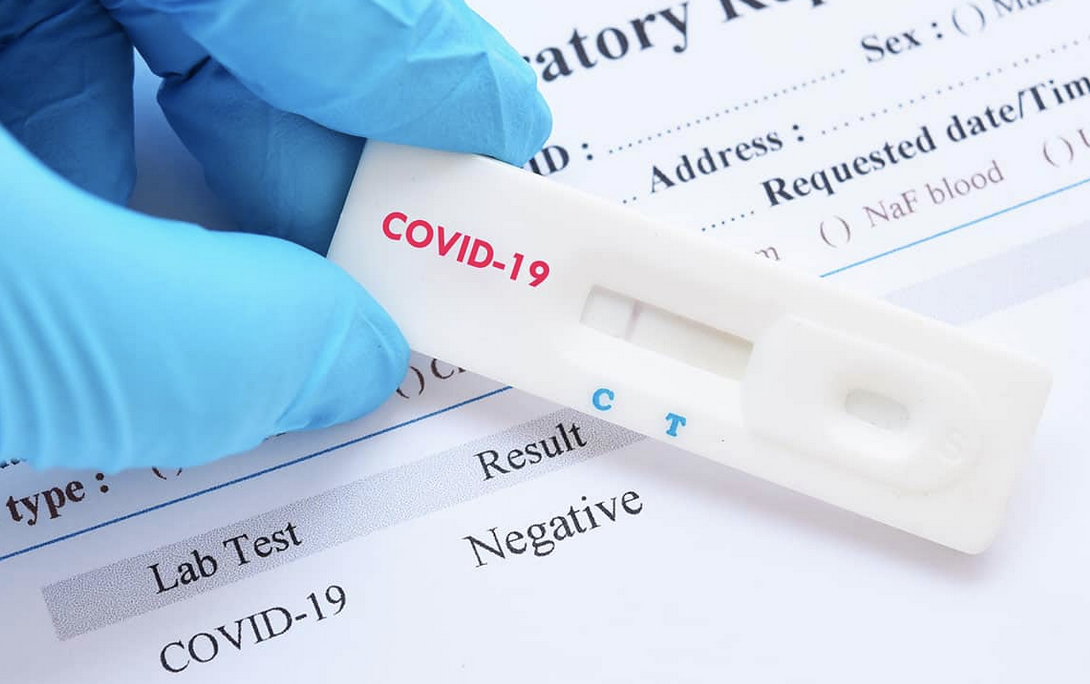Understanding Security Risks and Safeguarding Personal Information
In an alarming turn of events, a significant data breach has occurred, compromising the confidentiality of COVID-19 test results and exposing a trove of sensitive personal information. The breach, which includes names, dates of birth (DOB), passport numbers, and test results, highlights the critical need for heightened awareness regarding security risks associated with the handling of health-related data.
The Scope of the Breach:
The data breach in question has far-reaching consequences, as it involves not only personally identifiable information (PII) such as names and DOBs but also highly sensitive data like passport numbers and COVID-19 test results. The combination of these elements poses a grave threat to the affected individuals, both in terms of personal privacy and potential exploitation.
Security Risks to be Aware of:
Identity Theft:
Passport numbers, when coupled with names and DOBs, provide cybercriminals with a powerful tool for identity theft. With this information, malicious actors can open fraudulent accounts, engage in unauthorized transactions, or even commit more serious crimes using the victim’s identity.
Financial Fraud:
The exposure of personal information, especially passport numbers, increases the risk of financial fraud. Cybercriminals may use the compromised data to access bank accounts, apply for credit cards, or conduct other illicit financial activities, leaving victims vulnerable to substantial monetary losses.
Health Privacy Concerns:
The disclosure of COVID-19 test results raises significant health privacy concerns. Beyond the immediate threat of stigmatization or discrimination, individuals may face challenges related to insurance coverage, employment, or social interactions due to the public exposure of their health status.
Targeted Phishing Attacks:
Armed with a wealth of personal and health-related information, cybercriminals can craft sophisticated phishing attacks. Individuals may receive convincing-looking emails or messages that appear to be from reputable sources, leading them to unknowingly share more sensitive information or fall victim to malware.
Unauthorized Travel and Border Crossing:
The compromise of passport numbers poses a direct risk of unauthorized travel or border crossing. Criminals could use the stolen passport information to create forged documents, potentially leading to legal consequences for the individuals whose identities have been stolen.
Mitigating Security Risks:
Enhanced Cybersecurity Measures:
Organizations handling sensitive health data must prioritize robust cybersecurity measures, including encryption, multi-factor authentication, and regular security audits. Strengthening the overall security infrastructure is essential to prevent unauthorized access and data breaches.
Educating the Public:
Individuals must be educated about the potential security risks associated with the exposure of personal and health information. This includes understanding phishing tactics, being cautious about sharing sensitive information online, and recognizing signs of identity theft.
Transparent Communication:
Organizations responsible for managing health data should communicate transparently with affected individuals. Promptly notifying them about the breach, providing guidance on protecting themselves, and offering support resources are essential steps to rebuild trust.
Regulatory Compliance:
Governments and regulatory bodies play a crucial role in ensuring that organizations adhere to strict data protection regulations. Enforcing compliance and imposing penalties for negligence will act as a deterrent, encouraging organizations to prioritize the security of sensitive information.
The Coronalab.eu / Microbe & Lab data breach involving COVID-19 test results serves as a stark reminder of the potential security risks associated with the handling of personal and health-related information. It underscores the need for collective efforts to enhance cybersecurity measures, educate the public, and enforce stringent regulations to protect individuals from the devastating consequences of data breaches. As we navigate an increasingly digital world, safeguarding the privacy and security of sensitive information must be a paramount priority for individuals and organizations alike.
